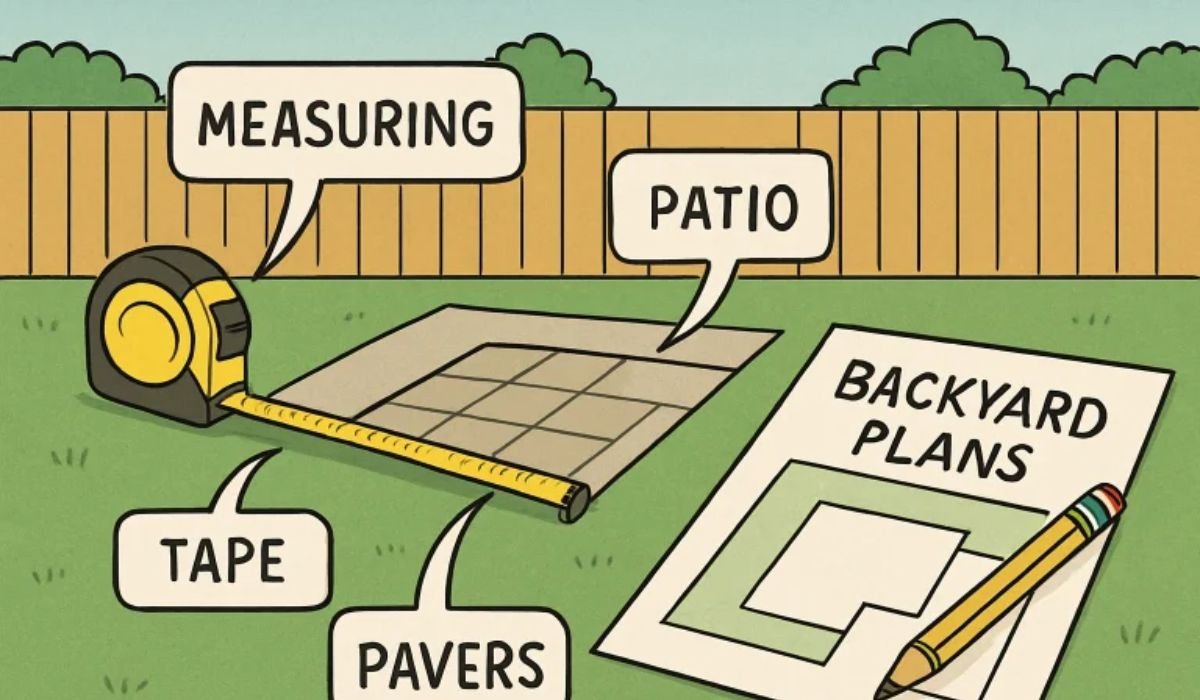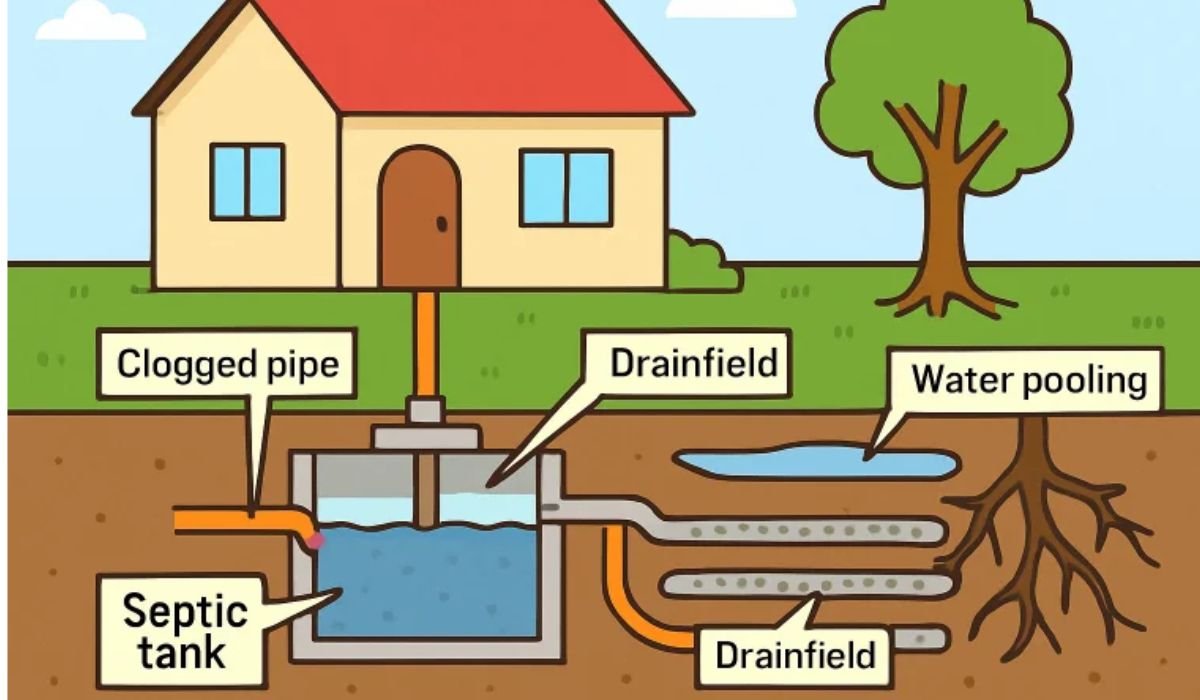Issues like a broken lock or a leaky faucet may seem like minor faults, but they can be a major inconvenience in your routine. As a result, it can be frustrating when the property owner seems to take their sweet time in fixing these problems. In fact, ignoring maintenance requests may be a sign of a bad landlord, it is recommended to document all of your requests. Read below as we discuss what tenants can do if landlords neglect their maintenance requests.
Importance of Timely Maintenance in Rental Housing
Protects Tenant Health and Safety
Timely repairs safeguard your health and safety. For example, a leaky faucet left alone can encourage damp conditions, which are the perfect breeding ground for mold. What started out as a slight issue of mopping wet floors can escalate into one that leaves you and your family with symptoms such as red eyes, skin rashes, or even respiratory problems. On the same note, wet floors also make it easier to slip and fall, causing immediate physical injuries. Responsible landlords always prioritize prompt repairs and maintenance to keep their tenants healthy and safe.
Ensure Legal Compliance
Addressing rental repairs isn’t something landlords do solely out of the goodness of their hearts since it’s a legal requirement for them to maintain their rental property. Under landlord-tenant laws, property owners are required to adhere to a minimum standard of habitability. Since most issues, such as a broken lock, a leaking roof, or faulty wiring, violate these building codes or safety standards, leaving them unattended means breaking the law. In other words, a landlord who neglects essential repairs is liable to legal fines and penalties.
Appropriate Steps to Take When Maintenance Requests Are Ignored
Start with Proper Documentation
Collect evidence of maintenance requests and the issue being ignored in writing. If you’re planning to reach out to your property owner again or escalate to higher authorities, it would be best to have proof that supports your claims. You can take pictures and videos of the issue with an attached note detailing the extent of the damage, time and date. Also, keep copies of all communications between you and your landlord as evidence that you reported the problem and tried to resolve it.
Follow Up If Needed Before Escalating
Next, follow up with your property owner before escalating the issue to the authorities as a final attempt to have them address the issue. You can even include a formal notice to repair that references the problem, your previous repair requests, and your intent to pursue further action if they do not comply. If this last effort doesn’t get them to honor your requests, you can report landlord negligence with documentation to have a solid proof with your concern.
Legal Remedies to Consider
Using Repair and Deduct
Research local landlord-tenant laws in your area to see if you can apply the repair and deduct strategy. After a specific period, some jurisdictions allow tenants to subtract the cost of the repair from their rental payment. However, such rules often have a cap and are limited to essential repairs. For example, if a mirror falls off the wall and you replace it with a replica from Amazon, you probably won’t be able to deduct that because it’s decorative. On the other hand, if the lock on your front door stops working and the landlord refuses to fix it, that qualifies because it violates safety regulations.
Withholding Rent
Another step you can take when a landlord ignores your request is withhold your rental payment. But again, this approach requires consulting local laws to ensure that you don’t get in trouble. Most jurisdictions that allow this approach also have an attached requirement that you put the money in escrow, as a sign that you plan to pay once the repairs are complete.
When to Consider Breaking the Lease?
Uninhabitable Living Conditions
Move out of your current rental unit if it has become impossible to live in due to mold exposure, faulty plumbing, or pest infestations. Some issues are easier to live with like chipped painting, but it’s unrealistic for your landlord to expect you to survive through the summer with a broken HVAC system. In such circumstances, even the law will justify an abrupt lease termination, especially if your landlord is still being unresponsive.
Repeated Violation of Housing Codes
If your property owner has a track record of breaking housing codes, then it’s best to exit your agreement. Ignoring multiple maintenance requests is a bad sign, especially when they’re essential repairs that violate standard codes. Such actions create an environment that is unsafe to work and live in, putting your health and safety at risk.
Conclusion
Making maintenance requests are routine and responsible landlords typically attend to such complaints promptly to protect their tenants and their reputation. However, when a property owner ignores these requests it can leave you in an uncomfortable situation. That’s why it’s essential to document the process so you have evidence when you escalate the issue. For some, that may mean deduct the repair costs or even withholding rent. Still, you should certainly consider moving if the property becomes uninhabitable or your landlord has a pattern of ignoring requests.
READ ALSO: Ensuring Years of Warmth: Your Essential Guide to Effective Water Heater Maintenance











